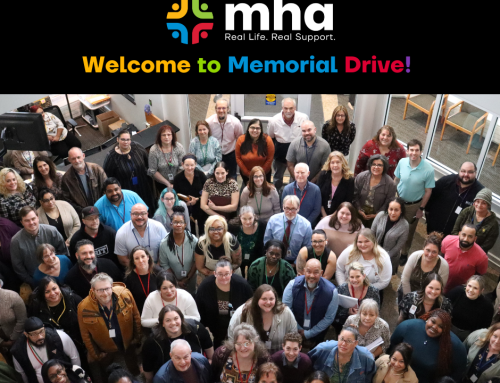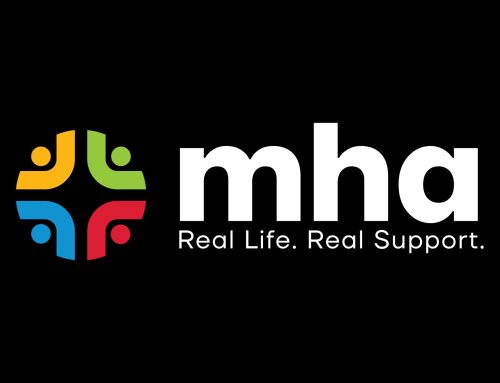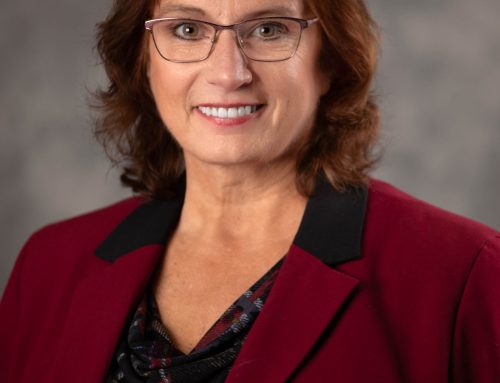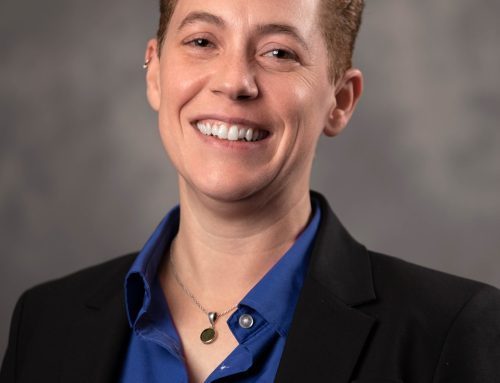Helping ACO Members Via Housing, Mental Wellness and Social Determinants of Health
SPRINGFIELD, MASS. – The BeHealthy Partnership Accountable Care Organization, comprised of Baystate Health, Caring Health Center and Health New England, has chosen MHA and its Home Healthy program to help address mental health and homelessness for patients covered by MassHealth who are utilizing Caring Health Center or one of the four Baystate Health Centers. MHA was chosen for its extensive experience and local resources to provide safe and stable housing for individuals who face challenges with their mental health.
“A substantial proportion of high utilizers of emergency health services in the MassHealth population suffers from homelessness or severe housing insecurity,” according to Kimberley A. Lee, VP Resource Development and Branding for MHA. “As a result, on discharge these patients often have no safe place to go where their physical and mental health needs can be met. Too often they end up back in the emergency department. Social determinants of health including homelessness and housing insecurity frequently drive this scenario. Compounding the issue, high utilizers of emergency health services often have mental health as a primary diagnosis or co-morbidity, adding to the challenges they face. Through MHA’s Home Healthy program, Accountable Care Organizations, such as the BeHealthy Partnership, and their members benefit by embedding MHA’s institutional knowledge in order to ‘decode’ a complex housing/homeless system to reduce utilization, decrease costs, preserve the fidelity of care and improve health care outcomes.”
Preeti D. Nakrani, MPH, ACO Program Manager at Baystate Health, said her organization was intrigued by MHA’s combined emphasis on addressing issues related to mental health and homelessness.
“We are excited to start this partnership with MHA as we have long known the negative impacts homelessness have on patient health outcomes,” she said. “Having the opportunity to intersect social services and healthcare through this flexible services program will hopefully demonstrate that stabilizing an individual’s housing does in fact lead to opportunities for better overall care as well as long-term well-being.”
Under the MassHealth Flexible Services Program (FSP), MassHealth may pay for health-related nutrition, housing supports and navigation of related supports for certain members enrolled in an Accountable Care Organization (ACO). Through FSP, ACOs are directed to pilot evidence-based approaches that address a member’s health-related social needs with the goal of improving health outcomes and reducing the total cost of health care for the member. Flexible Services does not replace, substitute, or duplicate existing benefits or state and federal social service programs, but rather supplements those benefits where appropriate. Flexible Services is not an entitlement program or a covered service, and not all members will receive these specific supports.
To be eligible for Flexible Services, a member must:
- Be enrolled in one of MassHealth’s Accountable Care Organizations (ACOs), such as the BeHealthy Partnership;
- Meet at least one of the Health Needs Based Criteria defined in the Flexible Services Protocol (which include having a behavioral health need or complex physical health need, needing assistance with one or more documented Activities of Daily Living or Instrumental Activities of Daily Living, having repeated Emergency Department use within a certain timeframe, or experiencing a high-risk pregnancy or complications associated with pregnancy); and
- Meet at least one of the Risk Factors defined in the Flexible Services Protocol (which include experiencing homelessness, being at risk of homelessness, or being at risk for nutritional deficiency).
Eligible members may receive such supports as:
- Pre-tenancy (e.g., assisting members with obtaining and completing housing applications, transitional assistance including one-time household set up costs and first/last month’s rent)
- Tenancy Sustaining (e.g., assisting members with communicating with landlords; obtaining adaptive skills needed to live independently in the community)
- Home Modifications needed to ensure member’s health and safety (e.g., installation of grab bars and hand showers; doorway modifications; in-home environmental risk assessments)
- Nutrition (e.g., home-delivered meals for members)
According to Nakrani, Public Health Institute of Western Massachusetts hosted a forum where different social service agencies got to present the community programs and services they provide. “After listening to many proposals, we chose MHA,” she explained. “Our reasoning was to go with a specialist that has insights into the social factors that contribute to readmissions, as well as access to local resources that can help us to reduce readmissions, which benefits patients most of all. It’s all very new, this intersection between health care and social services. What once were occasional and informal interactions are now the basis of an intentional and collaborative partnership with MHA. Helping patients with the social determinants of health is a huge part of addressing their overall health as well as an opportunity for them to learn new things that can improve their lives. As of last week, four BeHealthy ACO patients had been referred to MHA and our Transition of Care Team has been working collaboratively with MHA on interventions. We’re already starting to work with more patients.”
“MHA is thrilled that the BeHealthy Partnership recognizes the value of our experience, expertise and insights in the realm of services and supports for folks experiencing housing insecurity in addition to challenges with their mental health,” said Christine Palmieri, Vice President, Division of Recovery and Housing for MHA. “Our newly-hired staff, who are dedicated to serving individuals served by the BeHealthy Partnership, are already working directly with individuals who have been referred to MHA, so this partnership is off and running.”
About MHA:
What We Do
MHA (Mental Health Association) helps people live their best life. We provide access to therapies for emotional health and wellness; services for substance use recovery, developmental disabilities and acquired brain injury; services for housing and residential programming, and more. With respect, integrity and compassion, MHA provides each individual served through person-driven programming to foster independence, community engagement, wellness and recovery.
Why We Matter
The youth, adults, seniors and families we serve want the same things in life as anyone: to have friends, work, go to school, have meaningful relationships, express themselves (and be heard), and be accepted in their community for who they are. With our help and resources from a caring community, people can live their potential, in their community, every day.
How We Think
Starting in the 1960s, MHA’s groundbreaking efforts and advocacy helped to transition people away from institutional living to a life in our community. This became a model for the deinstitutionalization movement. Today, our leadership continues to advance awareness of mental health conditions and needs at local, regional and national levels. We drive compassionate care for those challenged by mental health, developmental disabilities, substance use, homelessness, acquired brain injury and more.
